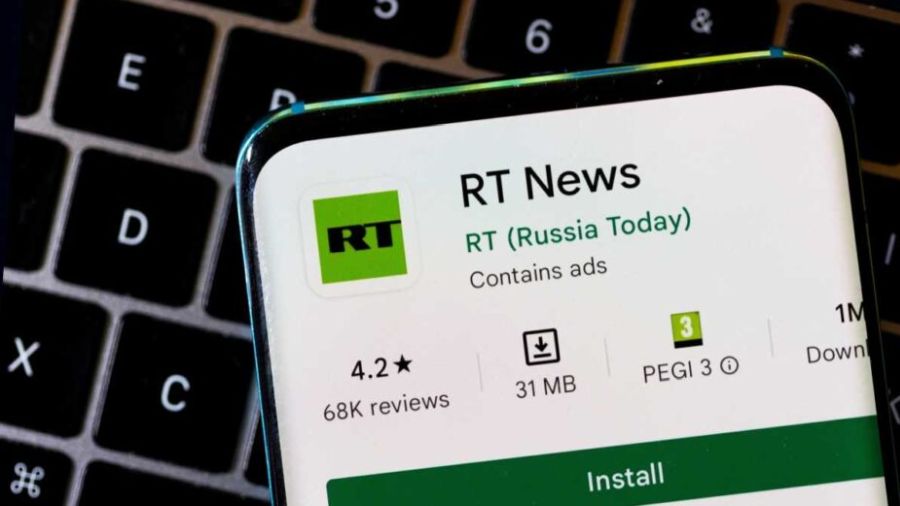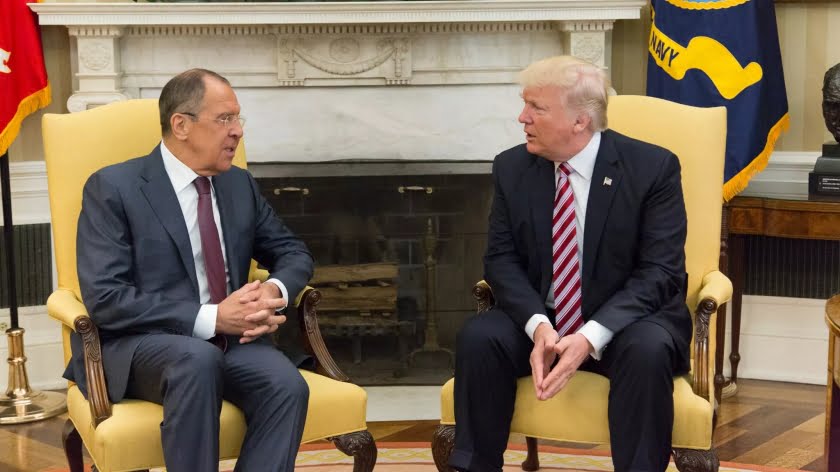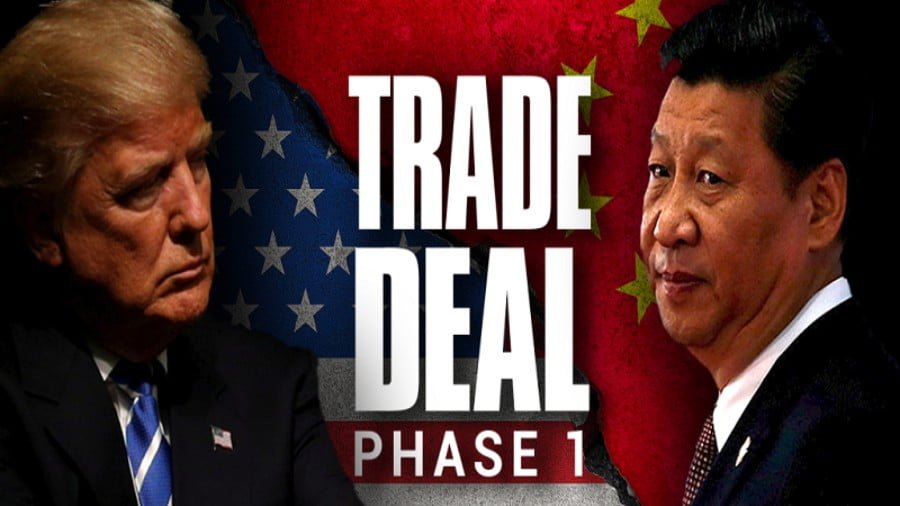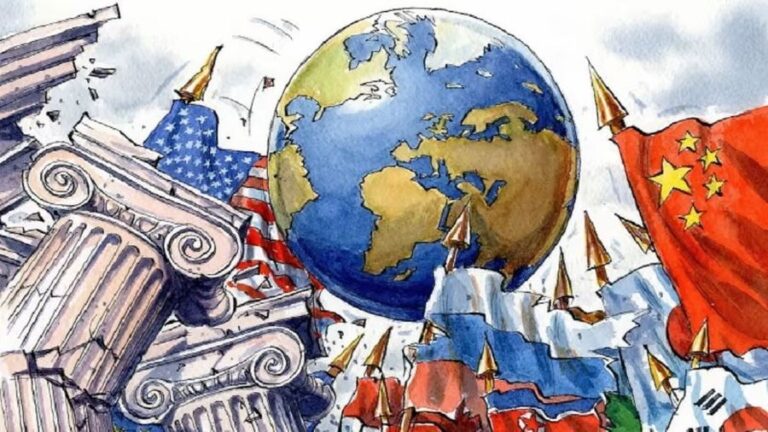EU’s Move to Manipulate Media Coverage of Ukraine Is a Sign of Weakness, Despair and Staggering Hypocrisy
The EU ban on RT and Sputnik is simply wrong and the thinking behind it draconian, Martin Jay writes.
The EU ban on RT and Sputnik is simply wrong and the thinking behind it draconian. What more proof do you need to see that the EU is an-anti democratic elite which hates accountability. Even in the Ukraine.
Is media playing a role in the war in Ukraine? And if so, by helping one side, or by even informing a wider international public of the important factors? Or is it feeding the hatred, misinforming the elites and decision makers and pushing Russia and Ukraine further away from any possibility of a ceasefire and talks?
I was recently taken aback by the near comical statement by the EU’s chief diplomat Josep Borrell who said that RT and Sputnik are to be banned from the EU bloc. His reasons, which RT actually broadcasted to its credit, were because “they were champions of information manipulation”.
The irony here is mind-blowing, given that Borrell himself is really a champion of disinformation and manipulating media and knows what he’s talking about when he uses phrases like that or indeed “full-out propaganda war”. In reality, any journalist who has worked in Brussels, accredited to the EU, will tell you that the PR efforts of the EU institutions – in particular the European Commission – amount to a colossal media manipulation which culminates in fake news being pumped out to the masses across the bloc each day, sexing up the relevance and status of the EU as journalists essentially replicate information which is spoon-fed to them and never question its validity.
Borrell’s statement is a triumph of both irony and cheek. The nerve of this socialist politician who hardly has a squeaky clean past himself in his own country, is pretty amazing given that the EU itself spends billions on subsidising production costs of TV journalists and their teams in Brussels to report on the minutia of day-to-day activities in the EU institutions forcing journalists not to ‘bite the hand which feeds them’ when it comes to their reporting.
Moreover, in recent years, with more and more MEPs from far right or populist parties swelling the ranks in the European Parliament, the same institution voted to find more money to pump into the die-hard Europhile news agencies willing to go the extra mile in copy/pasting the tome of EU fodder fed to the journalists each day. There was actually a report in 2016, which was voted on and backed, which became the framework to set up a secret anti-Russia media unit, made up of barking mad MEPs, obsessed with Russia. It’s unclear just how much money though was allocated to it, or even what it specifically does, although it is the author’s view that it funds internet trolls to “inform” the gullible public through the comments sections of online articles and support outlets themselves.
Perhaps more worrying that this obsession with RT is how MEPs have voiced their own opinions through “own initiative reports” to actually fund EU-friendly media outlets with cash outright. The parliament has not officially backed this, but one could argue that the 2016 report was a signal to pour more illicit money the way of broadcasters with production facilities and one has to ask whether the Russia “watchdog” which the MEPs did set up doesn’t do this already. The EU, which claims to be a leader of human rights, liberties and democratic values, is so corrupt and backward that it won’t reveal any of the details about the program.
But what does the move by the EU say about both the war in Ukraine and the attitude of the EU towards how its citizens should be informed (if at all)? I would argue that the West in general is so afraid of its own elites losing their grip of power that they believe an obliteration of any media coverage which doesn’t correspond with their narrative is the only recourse they are able to take. Borrell’s statement showed the EU to be in a particularly weak position, if it needs to stoop so low and try and destroy RT’s coverage and perspective on Ukraine. Borrell wants the EU to control minds, in exactly the way he accuses Putin and being the “Thought Police” on Ukraine, via media manipulation, is how he seeks to achieve this.
We have seen this already happen in Syria. Both the East and West’s governments and leaders found great solace and comfort in a polarised media coverage system which didn’t encourage journalists to “cross a line” to the other side to balance their reporting. The result is that either side’s reporting is tainted at best and vociferously biased at worst. But at least readers could look at both side’s coverage and try and fill in the spaces themselves – hardly an ideal way of reporting or reading about complicated conflicts, but better than nothing.
The decision to ban RT and Sputnik is the “nothing” model which Borrell wants. His goal is to whitewash out any other views whatsoever for European citizens who are searching for facts and want to examine the version of events from the other side. To argue that RT’s perspective is distorted because it represents the Kremlin is stupid, naive and hypocritical; the State Department has been reporting on wars with a fervent U.S. bias for decades, just as the BBC has a British angle, or F24 a French one, or even the Germans at DW. So what that the Russians are biased? The West, by banning them, shows us all how afraid and ineffective such institutions like the European Commission are as if they are to lower themselves to those they supposedly mock and despise, does that not make them the same? For the EU to take this position just states the obvious. It wants to manipulate the news for its own political agenda and it has learnt in Brussels that if you stamp out all descent, you can manipulate a phalanx of journalists to report your views, ideas and bigoted opinions and basically make up the news wholesale. Since 2005, when German investigative journalist Hans-Martin Tillack was arrested – yes, arrested – by Belgian police on dubious charges, simply because he rejected the model which nearly all adhere to on reporting on the EU, not one journalist has assiduously reported on the EU and its corruption ever since.
The model of “disinformation” which Borrell outlines when talks about Russia, is precisely, to the letter, the modus operandi which Brussels has itself.
The EU is, in a nutshell, a champion of fake news and it reacting this way towards RT is a reaction from a losing team, possessed with insecurity, jealousy and petulance and one that hates accountability as much as it hates the truth. So typically EU. Keep a keen eye for EU-organised press junkets direct from Brussels, which I’m sure are going to kick off soon. But don’t expect on air declarations by journalists that their trip was entirely funded by the EU, probably from the secret Russian “watchdog” unit.







